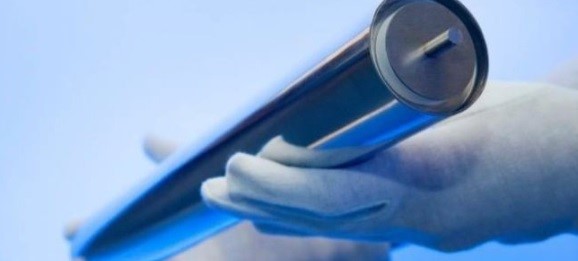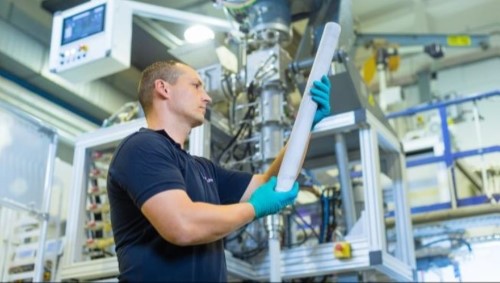

A JV agreement has been signed between Altech and Fraunhofer IKTS to commercialize the CERENERGY® sodium alumina solid-state battery technology. Altech Chemicals believes that CERENERGY® batteries are the revolutionary grid storage alternative to lithium-ion batteries. This agreement will enable the development of a 100MWh project on Altech's property in Schwarze Pumpe, Germany.

The proposed factory will create 10,000 10KWh sodium alumina solid-state battery modules annually at 40 per cent to 50 per cent less expensive than lithium-ion batteries. These modules are anticipated to retail for between €7,000 and €9,000 apiece.
Creating the CERENERGY® batteries by IKTS took more than eight years, as well as €35 million for research and development and €25 million for the functioning pilot plant. The batteries are currently undergoing final product testing after successfully undergoing rigorous performance testing in Germany in stationary battery modules.
And unlike lithium-ion batteries, which generally have a reasonably limited functioning range, the batteries can function in a temperature range of -20 degrees to +60 degrees centigrade.

For grid storage deployment, CERENERGY® modules are made to fit in racks contained in sea containers. Using a solid-state electrolyte eliminates the need for plastic separators or flammable liquid electrolytes in lithium-ion batteries. It is particularly appropriate for flood-prone locations since it doesn't react with water.
IKTS has created fire and explosion-proof batteries for more than 15 years, up to twice as long as lithium-ion batteries, and the ability to function in icy and arid environments using ceramic solid state technology, ordinary table salt, and nickel. Because lithium, cobalt, graphite, or copper are not used in the CERENERGY® batteries, there is no risk of volatile metal pricing or supply chain issues.
Altech will control 75 per cent of the project with its affiliated company Altech Advanced Materials AG, while free carry IKTS will own 25 per cent. The project will be focused on the grid energy storage sector, which is predicted to increase by 28 per cent CAGR over the next few decades.
The Bankable Feasibility Study is currently being planned. The JV's longer-term goal is to build more production trains or possibly Gigawatt-scale battery facilities after the first production train is finished. This is necessary for the commercialization phase.
Responses








